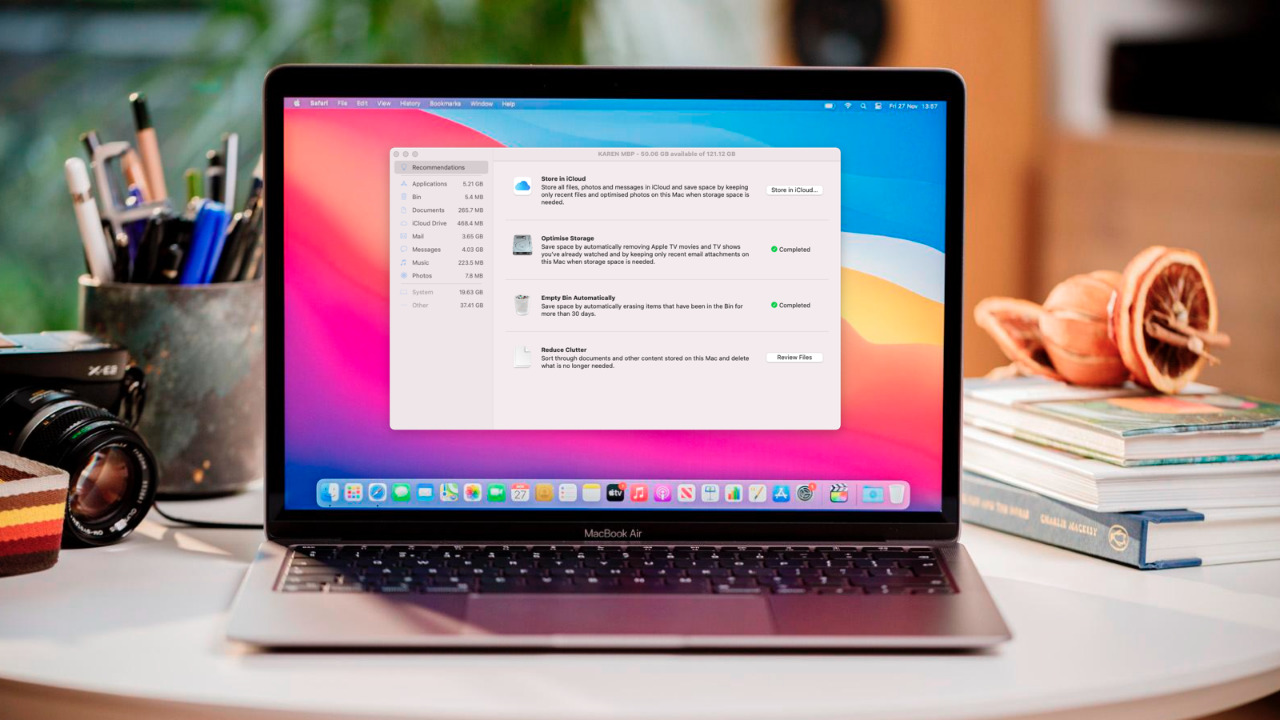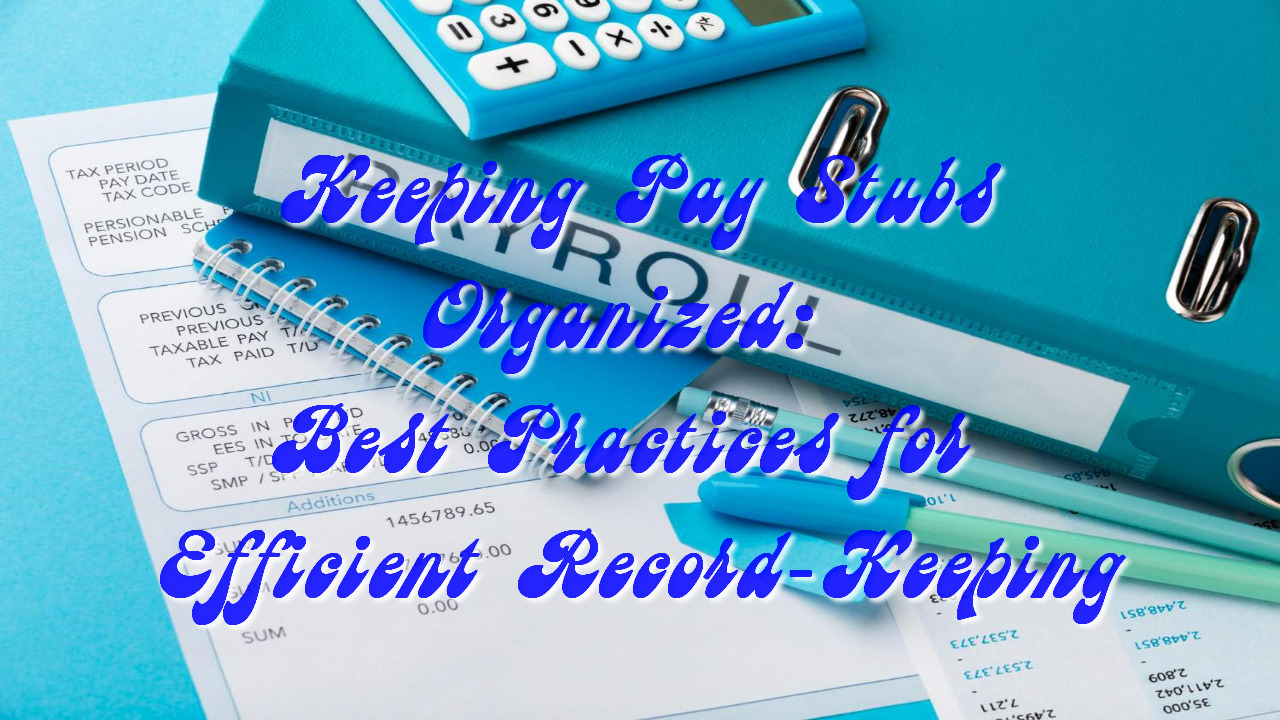In today’s fast-paced and ever-changing world, maintaining proper financial records is essential for personal and professional stability. Among the various documents that contribute to this stability, pay stubs play a significant role in tracking income, taxes, and deductions. Organizing pay stubs efficiently ensures that you have a clear picture of your earnings and expenditures, making it easier to budget, plan for the future, and address any discrepancies. In this article, we will discuss four best practices for keeping pay stubs organized, promoting financial well-being and peace of mind.
Create a Dedicated Pay Stub Folder or Digital Space

The first step in efficient record-keeping is to establish a designated area for storing pay stubs, utilizing a pay stub generator for free. This can be a physical folder or a digital folder on your computer. If you prefer physical copies, invest in a file folder or an accordion-style organizer to keep your pay stubs in order. Label the folders by month or year for easy retrieval.
Alternatively, digital record-keeping can be an efficient and eco-friendly option. Scan your paper pay stubs and save them in a secure folder on your computer or cloud storage. Ensure you back up your digital records regularly to avoid data loss. Having a designated space will prevent pay stubs from getting mixed up with other papers or lost among various documents, simplifying the process of finding specific records when needed.
Organize Chronologically and Categorically
Once you have established a dedicated storage system, it is crucial to organize your pay stubs chronologically and categorically. Arrange them in ascending order, starting from the oldest to the most recent. This arrangement will make it easier to identify patterns and track changes in your earnings and deductions over time.
Additionally, consider creating subcategories within your pay stub organization system. For instance, group pay stubs by the employer if you have multiple sources of income. If you receive different types of income, such as regular salary, bonuses, or commission-based payments, create separate sections for each type. By categorizing your pay stubs, you can quickly locate specific records and analyze your financial data with ease.
Review and Validate Regularly

Maintaining an organized collection of pay stubs is only half the battle. Regularly reviewing and validating the information on your pay stubs is equally important. Take the time to check for accuracy in your earnings, taxes withheld, and deductions. This habit helps you spot any discrepancies or errors that may have occurred during payroll processing.
In case you identify any discrepancies, address them promptly with your employer’s payroll department. Keeping a record of such communication is vital, as it will serve as evidence for any future reference or inquiries. Furthermore, regular reviews allow you to monitor your financial progress, plan for expenses, and ensure that you are receiving all the benefits entitled to you.
Shred or Safely Dispose of Old Records
As time goes on, the pile of pay stubs can accumulate, and you may find yourself holding onto outdated records that are no longer relevant. It’s essential to declutter your pay stub collection regularly. Determine which records you no longer need to keep, and then shred or securely dispose of them to protect your personal information.
For physical pay stubs, invest in a reliable shredder that can handle sensitive documents. Digital records should be deleted securely from your computer and any cloud storage services you use. By eliminating unnecessary pay stubs, you free up space and reduce the risk of identity theft or data breaches.
In conclusion, organizing your pay stubs is a crucial component of efficient record-keeping. By creating a designated folder or digital space, organizing chronologically and categorically, reviewing regularly, and disposing of old records securely, you can ensure that your financial records remain accurate, accessible, and well-maintained. These best practices will not only streamline your financial management but also provide you with valuable insights into your financial health, empowering you to make informed decisions for a more stable and prosperous future.

